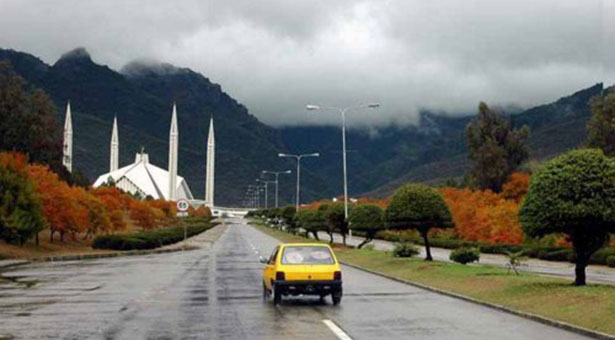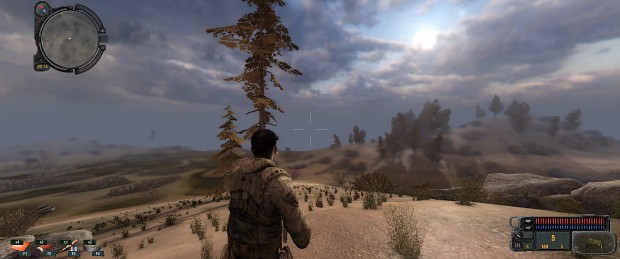
Engineers had already cleared the Murree Expressway. By 10:30 pm on Sunday, military authorities reported that all stranded motorists had been gotten to safety, while army engineers and troops continued to work on clearing snow off from roads in the area. Over Saturday night over 700 vehicles were pulled out from the snow and stranded tourists were taken to safety at one of five military-run relief camps, where they were given medication and warm food. Meanwhile, the Khyber Pakhtunkwa Integrated Tourism Development Project (KITE) announced on Saturday that Galiyat would be completely closed to tourists for the next two days. Five infantry platoons of the Pakistan Army, Frontier Corps, and Rangers have also been called for rescue operations. Work is underway to remove the vehicles stuck in the snow. On Saturday, 8 January, the government deployed military forces to assist in rescue efforts. On Friday night, Chief Traffic Officer Taimoor Khan announced that all traffic into Murree was now banned. Hotels also started to run out of food and cell phone service was "patchy". The snowstorm also caused problems for local residents: water pipes were damaged due to freezing, making drinking water inaccessible in most places. On Saturday, the death toll reached 23 a four-year-old girl died at Jhika Gali, apparently of hypothermia and pneumonia. Funerals were held for the victims on Sunday in their respective hometowns.



The victims included Islamabad police officer Naveed Iqbal, his sister, three nephews, and three of his own children a couple from Rawalpindi with two sons and two daughters and four friends from Mardan. The victims suffered from hypothermia while some may have died of carbon monoxide inhalation because their exhaust pipes were blocked by snow, which resulted in leakage of carbon monoxide into the cars, causing the deaths. In some places, the heavy snowfall and strong winds caused trees to fall, blocking roads and in at least one case falling onto multiple vehicles. Negligence by local authorities may have also contributed to the congestion: in some areas, over 13,000 cars were allowed onto roads that were only designed to accommodate 4,000 at a time. When it began to snow heavily, a lot of people left their cars on the roads to seek shelter in hotels, further contributing to the congestion. All routes into and out of Murree were effectively blocked, leaving the tourists stranded. Ĭars were packed bumper-to-bumper on the roads surrounding Murree. During the intervening night of 7 and 8 January, over 157,000 vehicles entered Murree as snowfall began. On Friday, 7 January, a blizzard dumped four feet of snow on Murree. This led to the hashtag #BoycottMurree trending on Twitter on Sunday. Prices for an average of Rs.40 for a cup of tea skyrocketed to Rs. Rooms that normally cost Rs.6,000-10,000 per night were being rented for Rs.70,000 per night, while food prices were also marked up high. Tourists complained that hotels had driven up prices to capitalise on the massive influx of tourists, prompting many people to sleep in their cars. The National Disaster Management Authority also did not call for a meeting with district officials to prepare for the increased traffic. Since Murree is just a tehsil within the broader Rawalpindi district, the district administration itself did not hold a meeting to discuss the issue, although Deputy Commissioner Mohammad Ali said on social media that an increased number of traffic wardens were deployed. Soon after that, the Murree tehsil administration issued a travel advisory, urging tourists to check weather and traffic updates before coming. The Met Office had issued an alert on 5 January warning that heavy snowfall could potentially cause road closures in the area from 6-9 January.

Murree is a popular destination for Pakistani tourists whenever it sees snow. Snowfall began on Tuesday night and continued intermittently throughout the week, attracting many tourists. Several vehicles became stuck on the roads due to the snowfall and thousands of tourists spent the night on the roads. A day before the incident, hundreds of thousands of people from other parts of Pakistan had driven to the high-altitude town of Murree in Rawalpindi District, Punjab, Pakistan, to see the snowfall.


 0 kommentar(er)
0 kommentar(er)
